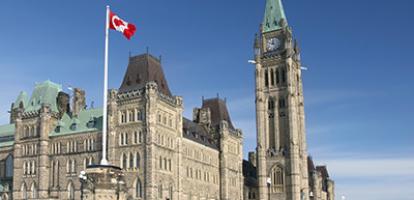Aboriginals living in Canadian cities report high rates of happiness based on their income, education, and network of personal relationships, according to a new report from the C.D. Howe Institute. In “Breaking the Stereotype: Why Urban Aboriginals Score Highly on ‘Happiness’ Measures,” authors Dominique Gross and John Richards examine why, on average, urban Aboriginals are as “happy” as other Canadians and recommend policies to help more Aboriginals successfully make the transition to city life.
“The fact that the results are similar for Aboriginals and for all Canadians will be surprising to anyone whose image of urban Aboriginals is limited to those living in the poorest neighbourhoods of Canada’s cities,” notes Richards, a professor at Simon Fraser University and Roger Phillips Scholar of Social Policy at the C.D. Howe Institute. “Although poverty and unhappiness exist among urban Aboriginals, those conditions are far from the whole story of urban Aboriginal life.”






